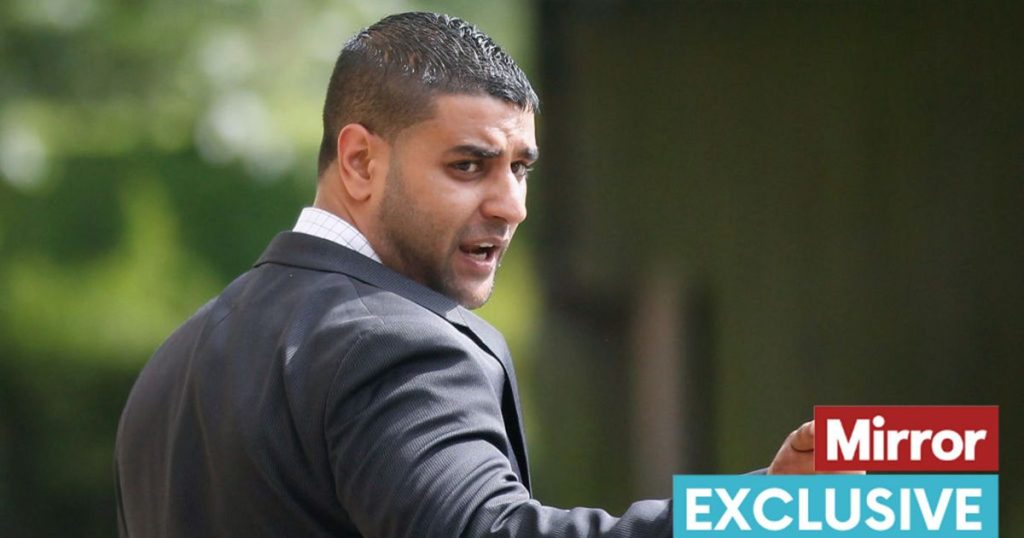Introduction
Shabana Mahmood, a prominent figure in the justice system, recently faced a significant challenge in her role as Justice Secretary when her attempt to prevent the release of Mohammed Ali Sultan was unsuccessful. Sultan, who has been incarcerated three times for sex offences, was granted parole despite Mahmood’s efforts. This situation highlights the complexities and challenges within the criminal justice system, particularly surrounding parole decisions and public safety. The case has sparked considerable debate, drawing attention to the delicate balance between rehabilitation and punishment, as well as the role of public opinion in such decisions.
The Parole Board’s Decision and Its Implications
The Parole Board’s decision to release Sultan, despite Mahmood’s request for reconsideration, underscores the autonomy of the Board in such matters. The Board’s primary concern is whether the offender poses a significant risk to public safety. After careful consideration of Sultan’s behavior during incarceration, participation in rehabilitation programs, and psychological assessments, the Board concluded that his release was appropriate. This decision reflects the Board’s commitment to rehabilitation, emphasizing that the justice system should focus not only on punishment but also on the potential for reform. However, public confidence in this system can be shaken when such decisions result in controversy.
Mohammed Ali Sultan’s Criminal History
Mohammed Ali Sultan’s history of repeat offenses for sex crimes raises serious concerns. His three convictions indicate a disturbing pattern of behavior, which naturally alarms the public and raises questions about the effectiveness of the criminal justice system in preventing recidivism. While the details of his specific cases are not publicly disclosed, the recurrence of his offenses suggests underlying issues that require comprehensive addressing. This case serves as a stark reminder of the challenges faced by the justice system in balancing punishment with rehabilitation, and the need for robust support systems to prevent repeat offenses.
Public Reaction and Concerns
The public reaction to Sultan’s release has been intense, with many expressing fear and skepticism. Concerns about public safety are paramount, particularly in cases involving repeat offenders. The tension between the principle of rehabilitation and the need to protect society is evident, as public opinion often leans toward stricter punishment. This case reignites the debate about whether the justice system adequately prioritizes victim welfare and public safety. It also highlights the need for greater transparency in parole processes to reassure the public that decisions are made with their safety in mind.
The Role of the Justice Secretary
As Justice Secretary, Shabana Mahmood’s role involves upholding justice and ensuring public safety, which sometimes places her at odds with the Parole Board’s decisions. While she cannot override the Board’s autonomy, her intervention in Sultan’s case reflects her commitment to public protection. This incident illustrates the limitations faced by justice secretaries in influencing parole decisions, emphasizing the independence of the Parole Board. Despite this setback, Mahmood remains dedicated to reforming the system to enhance public confidence and safety.
Conclusion
The case of Mohammed Ali Sultan and Shabana Mahmood’s unsuccessful bid to prevent his release offers valuable insights into the complexities of the justice system. It highlights the challenges in balancing rehabilitation with public safety and the role of public opinion in shaping justice outcomes. While the Parole Board’s decision reflects its commitment to rehabilitation, it also underscores the need for greater transparency to maintain public trust. This case serves as a catalyst for ongoing discussions about criminal justice reform, aiming to create a system that effectively balances compassion with accountability.












